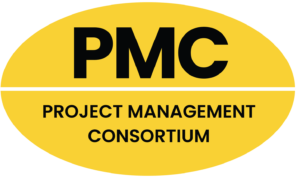The primary responsibilities of a safety manager include seeing to it that workplace accidents are minimized. They can accomplish this by coming up with various programs and enhancements in the processes and the environment they work in. They are also tasked to promote health and safety awareness to their co-workers.
Since this can be quite a big responsibility, a safety manager must possess the qualities listed below.
1. Leadership
One of the primary characteristics that a safety manager should possess is leadership skills as this is essential in getting their co-workers to cooperate on safety initiatives. Being a leader also means that they must have what it takes to come up with safety policies that other employees will adhere to so that significant results may be realized. If you are vying to be a safety manager, it is best to reflect on whether the workers in your company respect your expertise and value your opinions.
2. Technical Know-how
Another quality that a safety manager should have is a piece of deep technical knowledge about the risks and hazards that can affect the safety of their workplace. This entails the need for them to understand the Occupational Health and Safety Management System (OHSMS) as implemented by the International Standards Organization. Thus, a safety manager must undergo ISO 45001 training because it is through this that safety and health standards can be promoted in the company. If he is equipped with this knowledge, he will also be able to pass the knowledge on to the other people in the organization with ease.
3. Goal-Oriented
A safety manager must be able to see the big picture of why safety and health standards are essential in the workplace. In this way, they can craft up policies that will produce reliable and measurable results that are aligned with the overall goals and objectives of the company. In addition to this, they should be able to work around certain factors that may circumvent the seamless implementation such as budget constraints or project demands. Thereby, they also need to have financial smarts to be able to allocate their resources, no matter how limited.
4. Ethical
Finally, a safety manager should apply ethical practices in designing and implementing any safety and health standards. Their commitment to the safety of the workers is considered as critical as their commitment to adhering to the safety standards. In case they are faced with a tough situation, they are expected to find the balance and always do the right thing for the good of many. This means that they steer clear in taking the easy, but rather a questionable path in overcoming safety issues and challenges.
To wrap things up, a safety manager needs to possess leadership skills, equipped with technical know-how in this area. They must also be goal-oriented and ethical in performing their duties and responsibilities. A safety manager who has all these qualities will surely be able to deliver efficient and effective safety protocols that will be of great value to the company and its workers.





























